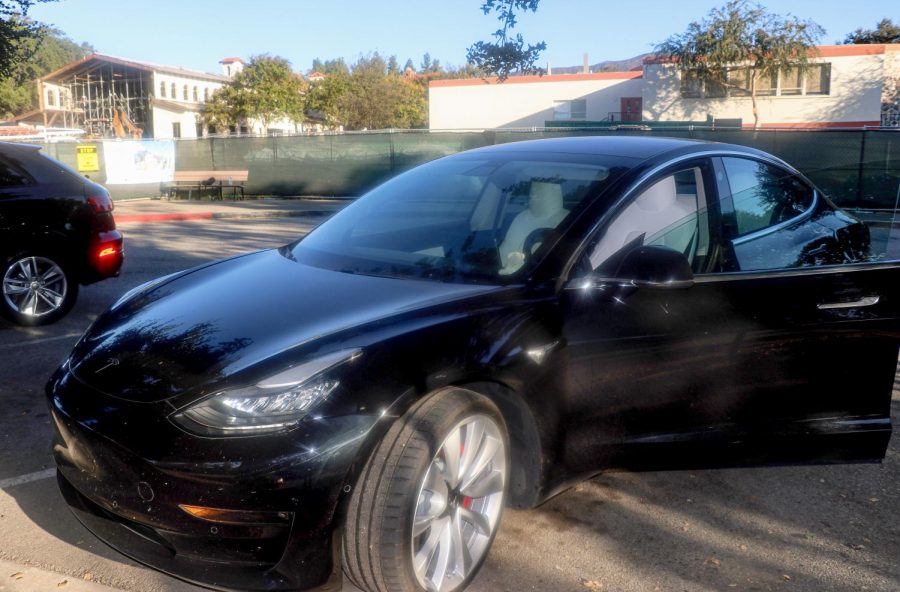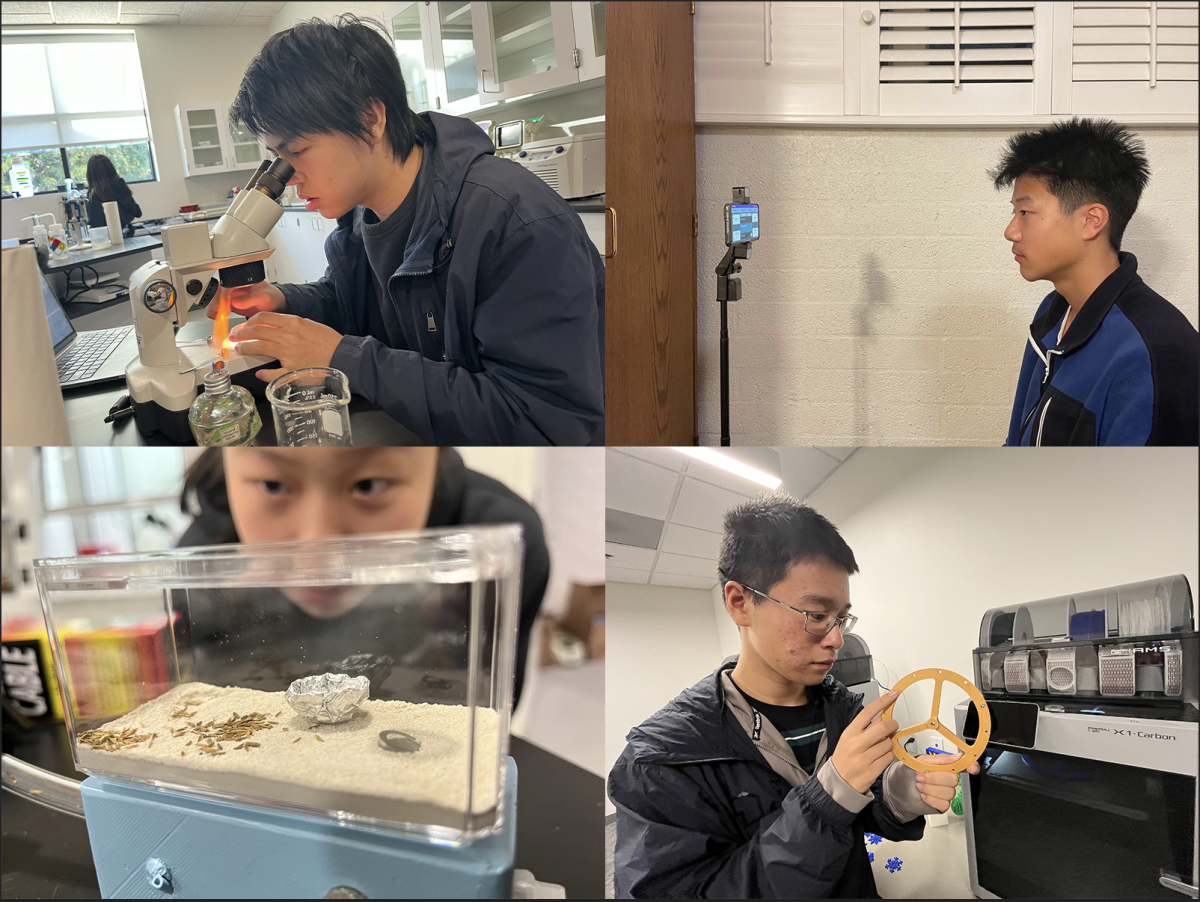Rhythmic ticking of machinery, metallic shine, a 100% success rate churning throughout the day, robots are crammed into factories hunched over procession lines, with only one human supervising it all. Sunup to sundown these machines work until their parts deteriorate and are replaced by newer, better models.
The billionaires behind massive corporations have reached maximum efficiency as they prosper heavily off of this huge shift. It is estimated that by 2030 automation will kill 73 million jobs in the United States.
Manufacturing has already been harshly affected by this transition. An estimated 20 million factory jobs will be replaced by technology by 2030. Though this shift will displace many people from their jobs, it opens up the possibility for better, cheaper products and is highly favored by the upper authorities in factories.
Koki Mashita (‘22) said, “I think it is already replacing a lot of jobs. For example, my parents’ business used to have drivers for their drones but they are not needed anymore. New technology does replace new jobs, but also can open up new opportunities.”
If you plan on entering the truck-driving field, you may want to reconsider. In the next decade, more than half of the existing 3.5 million truck drivers will be replaced by robots. These self-driving trucks will be cheaper to maintain, safer, and more dependable than their human counterparts.
Paul Heath, Webb’s daytime security guard, and a former truck driver said, “While I was in the trucking industry, we conversed about automation. A lot of the older truck drivers believe that technology could never replace human drivers, but I believe they are shortsighted. Automation in trucking is inevitable.”
This push also threatens law enforcement. RoboCop has been brought to life in Dubai; the robot is able to fully function as a police officer, identifying and collecting evidence, and patrolling busy streets. RoboCops are expected to replace a quarter of human police officers by 2030.
Christian Arzate (‘21), whose parents both work in law enforcement, said “I do not think that [my dad’s] job could be replaced by robots because I feel it requires a more human touch. Robots could though help with protecting officers and saving people. For example, the SWAT team uses drones for surveillance so that they do not have to put officers at risk. Also, [automation] may help when addressing people who are afraid of law enforcement. But, overall I do not see how law enforcement needs the robots because people do the job just as well.”
Automation in the food industry has already had a gigantic positive effect. It has been able to prevent worker injuries caused by dangerous machines and/or repetitive motions. Without humans in the industry, food has become more sanitary. Methicillin-resistant Staphylococcus aureus (MRSA), mad cow disease, and E. coli prosper in human procession line agriculture techniques but do not in factories with automation.
Although people will be displaced from jobs, there will be an invaluable gain.
Mason Stallings (‘21) said, “Automation will increase productivity, so long as it is not over-regulated, which slows down the economy. Automation will help America regain its place as the foremost producer in the world.”
Automation is inevitable because technology is on a path of accelerated advancement. We must embrace it and find ways to prosper in this new future. Though it may displace many people from jobs, it opens up innovative career opportunities that redefine the entire workforce. A tech-centric workforce will displace many people from jobs but humanity will adapt to this change and enjoy all of its benefits.





![All members of the Webb Robotics Winter season teams taking a group photo. Of note is Team 359, pictured in the middle row. “It was super exciting to get the win and have the chance to go to regionals [robotics competition]” Max Lan (‘25) said. From left to right: Max Lan (‘25), Jerry Hu (‘26), David Lui (‘25), Jake Hui (’25), Boyang Li (‘25), bottom Jonathan Li (’25), Tyler Liu (‘25)](https://webbcanyonchronicle.com/wp-content/uploads/2025/03/Screenshot-2025-03-10-at-2.41.38 PM.png)



